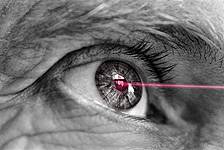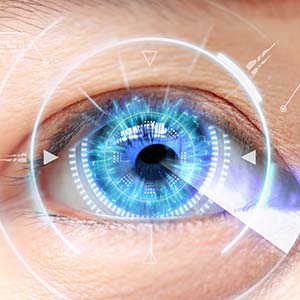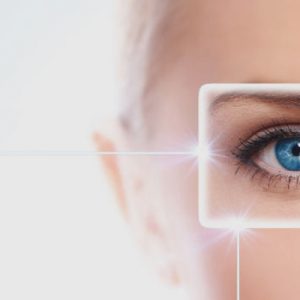Tired of wearing your glasses everyday?
If you wear corrective lenses for nearsightedness, farsightedness or astigmatism, you may be wondering about the advantages that contact lenses and laser eye surgery have to offer.
Contact lenses are a great solution if you would like to be free of your glasses, but laser eye surgery, also called laser refractive surgery, can help to eliminate the need for corrective eye wear altogether.
If you suspect you have an eye condition, contact an eye doctor near you, who can diagnose and treat the condition.
SEE RELATED: Guide to Implantable Contact Lenses
Contact lenses
What are the advantages of wearing contact lenses?
- Clear vision with a greater field of view
- Increase peripheral vision
- Enhance the feeling of ‘natural vision’
- Elevate self-esteem
- Reduce the risk of damaged or lost eyeglasses
- Eliminate foggy or rain spotted lenses
- Facilitate easier wear of protective eyewear
- Improve vision for sports:
- Reduce the risk of eye injuries
- Provide more stable vision
What are the disadvantages of wearing contact lenses?
- Cleaning and disinfecting can be inconvenient
- Good eye-hand coordination is necessary for proper insertion/removal
- Increased risk of eye scratches and infections
- Lenses can fall out, get damaged, or lost during the day
- Blurred vision can result if lens moves too much
- Higher frequency of visits to the eye doctor
- Additional expenses
Who is not a candidate for contact lenses?
While most people adjust to wearing contacts without much difficulty, there are certain circumstances that can prevent you from adapting easily. If any of the following factors affect you, you may want to think about having laser eye surgery instead.
- Eye allergies with severe eye irritation
- Chronic dry eyes
- Dusty work or living environment
- Chemical exposure on regular basis
- Overactive thyroid
- Uncontrolled diabetes
- Severe arthritis in your wrist/hand
Laser eye surgery
What are the advantages of laser eye surgery?
- Long-term vision correction
- Total elimination of eyeglasses and contact lenses
- Reduced risk of eye infections
Laser eye surgery has been proven safe and effective for those who qualify as candidates for the surgery.
Your eye doctor will determine if you are a candidate for laser eye surgery based on a comprehensive exam— assessing your overall ocular health, as well as the thickness and shape of your cornea.
Over 16 million people have had LASIK eye surgery, and up to 98 percent of patients achieve 20/20 vision.
What are the disadvantages of laser eye surgery?
- Dry eyes or glare following the procedure
- Full correction may not be achieved
- Glasses and/or contact lenses may still be necessary for reading fine print or nighttime driving
Still not sure which method of vision correction is right for you?
Schedule an appointment with an eye doctor to discuss your visual needs and other factors that may affect your decision.
LEARN MORE: Optical and Contact Lenses
Your eye doctor will evaluate your eye health and vision and inform you of your candidacy for contact lenses and/or laser eye surgery.
With your eye doctor’s professional advice, you will be able to make an informed decision about which method is best for you.








